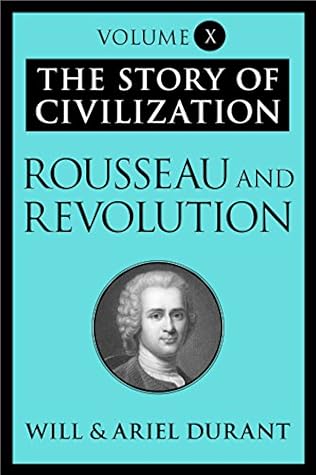His lectures anticipated several basic ideas of Adam Smith and Malthus on the division of labor, the relation between labor and capital, and between population and the food supply. In him the humanism of the Renaissance was reborn as the Enlightenment in Italy.
Welcome back. Just a moment while we sign you in to your Goodreads account.


